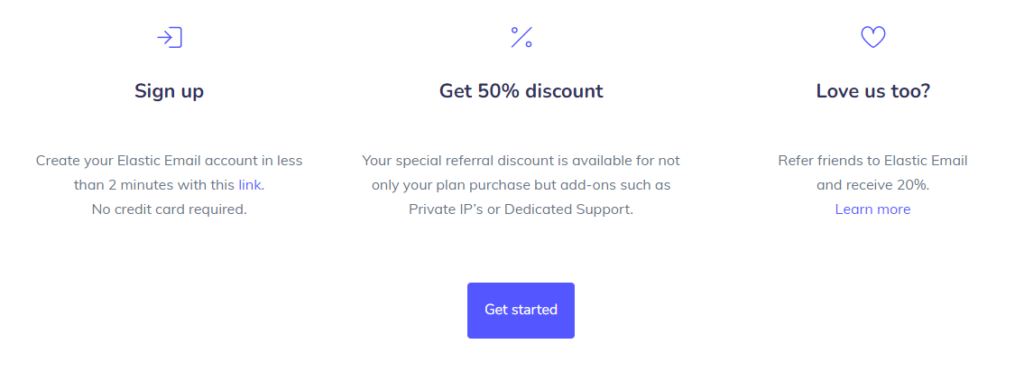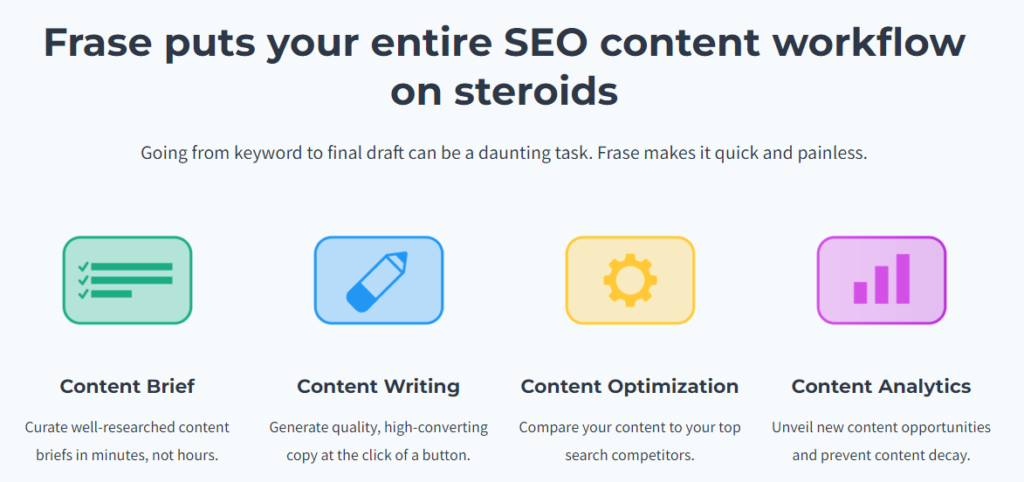Best Keyword Research Strategies For 2023
Best keyword research strategies for 2023:
As we move into 2023, keyword research remains a crucial aspect of any successful SEO strategy. The right keywords can help your content rank higher in search engine results pages (SERPs), drive more traffic to your website, and ultimately lead to more conversions. In this blog post, we’ll cover some of the best keyword research strategies for 2023.
Table of Contents

Focus on user intent:
User intent refers to the reason behind a user’s search query. Understanding user intent is essential because it helps you target keywords that match what users are looking for.
There are four types of user intent: informational, navigational, commercial, and transactional.
- Informational intent: Users are looking for information on a particular topic.
- Navigational intent: Users are looking for a specific website.
- Commercial intent: Users are researching products or services before making a purchase.
- Transactional intent: Users are ready to make a purchase.
To target user intent, start by analyzing the search queries related to your industry or niche. Look for patterns and try to understand what users want to achieve from their search. Then, target keywords that match the intent of the user.
Help us build the future of email!

Use long-tail keywords:
Long-tail keywords are phrases that contain more than three words and target a specific audience. These phrases are more descriptive than typical keywords and can help you rank for more specific search queries. For example, instead of targeting the keyword “shoes,” you could target “running shoes for women.”
Long-tail keywords can help you target users who are closer to making a purchase. These users know what they want and are more likely to convert. Long-tail keywords also have lower competition, which means it’s easier to rank for them.
Utilize AI-powered tools:
AI-powered tools can help you identify high-value keywords and uncover search trends that you may have otherwise missed. Some popular tools include Google Keyword Planner, Ahrefs, SEMrush, and Moz.
Google Keyword Planner is a free tool that allows you to find new keywords and see how many searches they receive per month. Ahrefs, SEMrush, and Moz are paid tools that provide more in-depth keyword research and analysis.


Conduct competitor research:
Analyzing your competitors’ keywords can give you an idea of what keywords they are ranking for and what gaps you can fill. Use tools like Ahrefs, SEMrush, and Moz to see what keywords your competitors are targeting and how they are performing.
Look for keywords that your competitors are ranking for but aren’t targeting specifically. These keywords could be an opportunity for you to rank higher and attract more traffic.
Analyze search intent:
Search intent refers to the type of content that users expect to find when they search for a particular keyword. Understanding search intent is essential because it helps you create content that matches what users are looking for.
There are three types of search intent: informational, navigational, and transactional. Informational search intent refers to users looking for information on a particular topic.
Navigational search intent refers to users looking for a specific website. Transactional search intent refers to users looking to make a purchase.
To analyze search intent, look at the top-ranking pages for a particular keyword. Analyze their content and try to understand what type of content users are looking for. Then, create content that matches that intent.

Use Google Autosuggest:
Google Autosuggest is a feature that suggests search queries as you type in the search bar. These suggestions can give you an idea of what users are searching for and can help you identify new keywords to target.
Use social media:
Social media platforms like Twitter and Instagram can be an excellent source of keyword ideas. Look for hashtags related to your industry or niche and analyze the conversations happening around those hashtags. This can give you an idea of what users are interested in and what keywords you should target.
Use Google Search Console:
Google Search Console is a free tool that allows you to monitor your website’s performance in Google search results. Use the tool to identify the keywords that your website is ranking for and optimize your content for those keywords.

Use natural language:
With the rise of voice search, natural language is becoming increasingly important. Users are no longer searching for keywords; they are asking questions. Use natural language in your content and target long-tail keywords that match the way users ask questions..
Conclusion:
Keyword research is a critical component of any successful SEO strategy. By understanding the intent behind user search queries and identifying relevant keywords, you can optimize your content to rank higher in search engine results pages and attract more organic traffic to your website.
The strategies outlined in this article, including using keyword research tools, analyzing competitor keywords, and understanding user intent, are essential for effective keyword research in 2023.
Additionally, incorporating natural language and voice search optimization, leveraging Google Autosuggest and social media, and using Google Search Console can help you stay ahead of the curve and uncover new keyword opportunities.
By staying up-to-date with the latest keyword research strategies, you can ensure that your content is optimized for the right keywords and that you’re attracting the right audience to your website.

Disclosure: I may receive affiliate compensation for some of the links below at no cost to you if you decide to purchase a paid plan. You can read our affiliate disclosure in our privacy & policy. This site is not intending to provide financial advice. This is for entertainment only.








